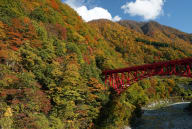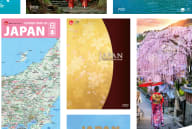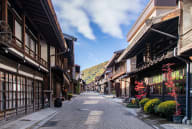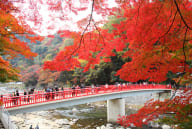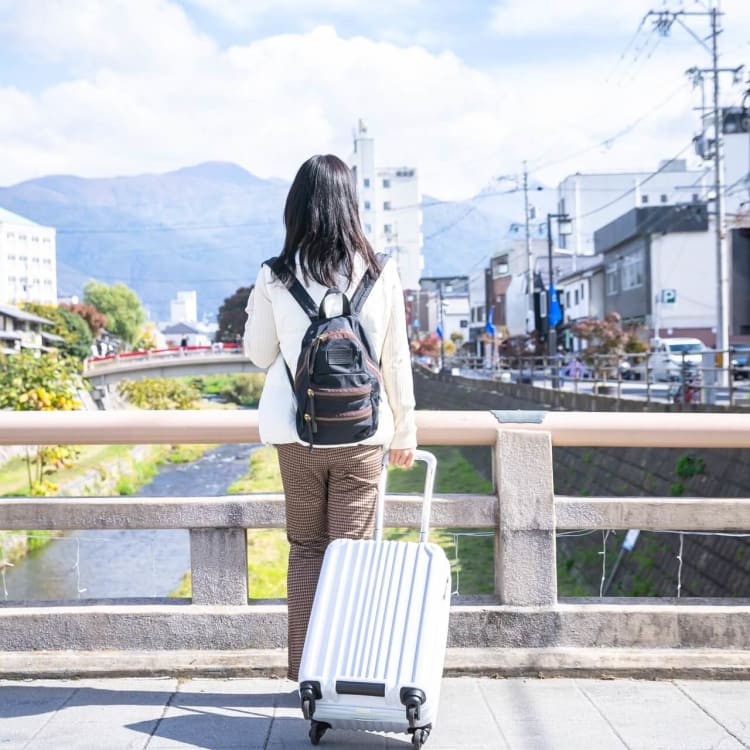
Solo Travel in Japan Discover the many aspects that make Japan a uniquely safe and convenient destination for solo travellers
When considering a solo trip abroad, a country on the opposite side of the globe where English is not the common language may not seem like an obvious choice for most Canadians. However, in visiting Japan, one is quick to realize the extent to which it feels crafted toward solo travellers. While it’s true that sometimes there is strength in numbers, being thrust into a new country on your own may also be the best way to experience it at its most authentic. Whether it’s slurping udon next to office workers on a station platform canteen, sharing laughs with locals at a hostel, or just going for an introspective wander - whether amid tranquil nature or vast cityscapes - Japan makes for an ideal place to experience this. Furthermore, solo travel and dining have become very popular among Japanese people, and most shops and restaurants are used to welcoming solo customers.
What makes Japan so conducive to solo-travel?
In terms of infrastructure, there are several aspects that make Japan uniquely conducive to solo travel. Perhaps foremost is its well-reputed public transit system. Developed primarily during the country’s economic heyday to help workers zip around the country on business, these days Japan’s rail infrastructure has been growing steadily, as has the country’s tourism industry. Of course, resources have been developed to accommodate visitors from abroad in tandem. Announcements and signage are abundant on the majority of Japan’s railways, and stations are often quite easy to navigate in spite of the crowds.

Many will also notice that several aspects of daily life in Japan seem to be designed to be enjoyed alone. Restaurants such as noodle stands, gyudon (Japanese beef rice bowl) shops, and convenience stores are specifically geared toward individual customers, and many of them offer menus including pictures and/or English.
Japanese accommodations are similarly friendly toward solo travellers, with several unique and cost-effective options. Many have heard of Japan’s capsule hotels, where each guest will receive their own pod. This makes for a memorable stay, and despite the close quarters, these capsules are typically climate-controlled, equipped with their own lamps and ledges for reading, and sometimes even televisions, which ensure a comfortable experience.

Conventional hostels can also be a great way to meet people, and tend to be immaculately clean and well-curated when compared with their Canadian counterparts. As in other countries, these will typically have common spaces where guests can enjoy activities together such as reading, drinking, or enjoying live music. This can also be a great means of finding companions for a day trip. Those hoping for a little more privacy will be happy to know that it is easy to find a budget hotel for as little as $50-100CAD a night in most areas.
Some ryokan (traditional Japanese inns) may require a minimum of two guests, although this has gradually begun to change in recent years. It is recommended to reach out to the property and confirm before making a reservation. An increasing number of minshuku adapting their business model offer a similar atmosphere, but with less of the frills.
Safety
Many are aware of Japan’s famously low crime rate, which consistently places it among the top-ranked countries on the Global Peace Index. In addition to the hard data, it is common to hear anecdotes of lost items being found right where they were last left, even hours later. If a lost item is not where you left it, you may get to experience another marvel of Japan’s infrastructure at work - Koban. Koban are Japan’s police boxes, which can be found in neighbourhoods across the entire country and also serve as public Lost & Found offices. Though it is recommended to keep a close eye on one’s valuables even in Japan, this adds the additional peace of mind of knowing where to look first should they go missing.
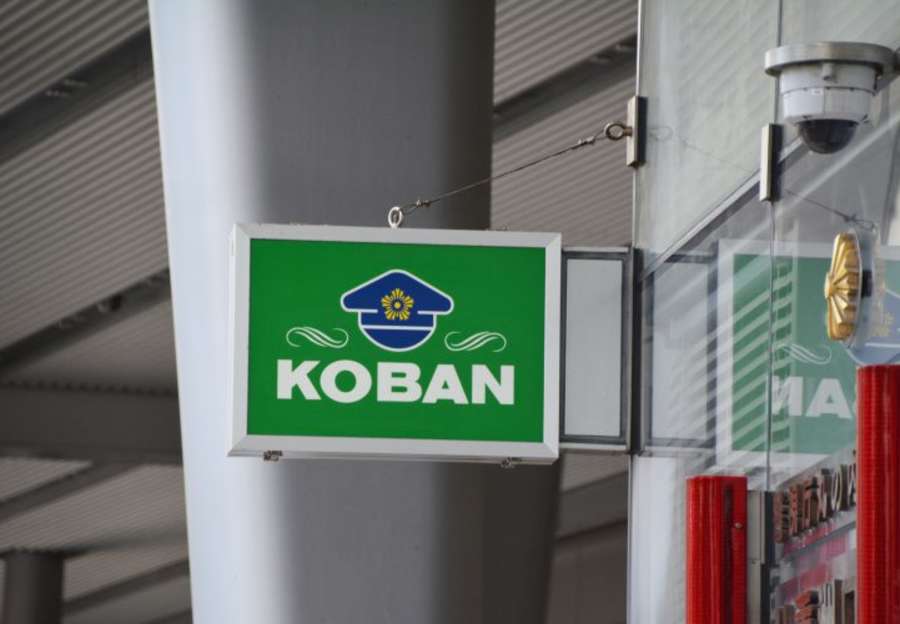
For Female Travellers:
Japan’s safety extends to female travellers as well, with many female tourists reporting that they feel more comfortable walking around at night in Japan than in their respective home countries. With this in mind, female travellers should still exercise basic caution and be aware of the various checks in place to make women feel more at ease. During rush hours, it is typical for trains in major cities to offer female-only cars so that passengers can travel in greater comfort. Additionally, there are several female-only hostels, capsule hotels, and other accommodations.
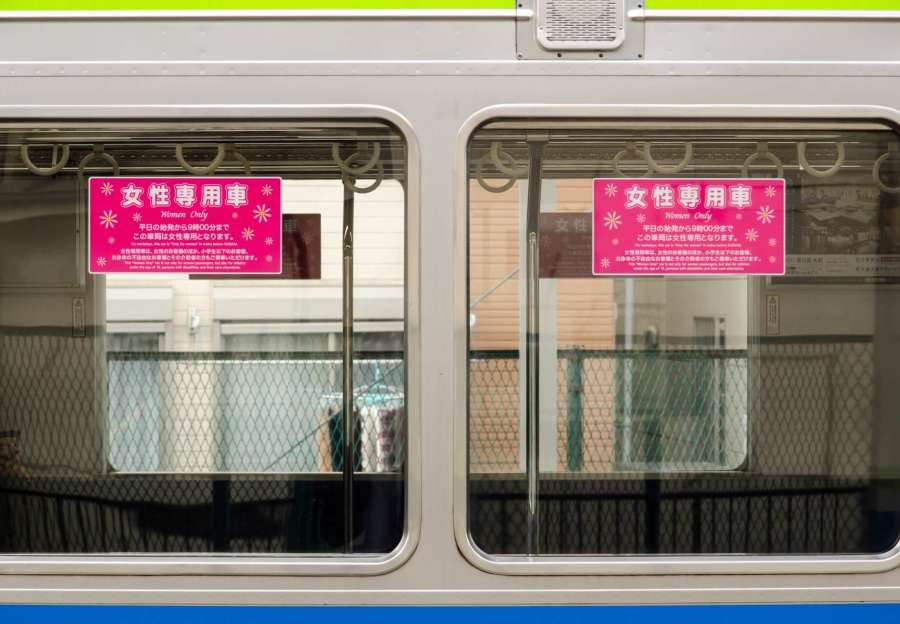
Though verbal harassment such as catcalling is almost unheard of in Japan, there is a chance you may attract an occasional stare, particularly in less urban areas. This is simply because people in remote areas may not be used to seeing foreign visitors. In case you need any assistance, the general public is quite willing to help tourists who find themselves in trouble, and Japan’s police force is highly visible between patrol officers and Koban.
The “What Ifs…” :
Japan has multilingual applications such as Safety Tips, which offers weather warnings, evacuation advisories, and other tips in the event of emergency situations.
Practical Tips
There are several things to keep in mind when setting off for a trip to Japan, that are all the more pertinent when travelling alone. When it comes to staying on the grid, a pocket Wi-Fi or SIM rental is a lifeline, whether for looking up information or communicating with locals. These can typically be picked up at the airport, or else shipped directly to your hotel when ordered in advance.
Convenience stores will quickly become a go-to for any travellers in Japan. Whether warm meals, Wi-Fi, washrooms, printers, toiletries, bandages, or ATMs, they manage to pack in an assortment of all one’s basic needs into just a few hundred square feet. On the topic, travellers should be aware that Japan is still very much a cash society. ATMs located in post offices or convenience stores such as 7-11 enjoy the reputation for being the most consistently friendly toward foreign cash cards, although it is recommended to confirm with your bank in advance.
Activities & Destinations as a Solo Traveller
Though bigger cities such as Tokyo, Kyoto, and Osaka offer travellers the peace of mind of better language resources, verging off the beaten path creates the greatest opportunity to immerse oneself in Japan’s rich culture. Temple stays such as that at Koyasan are one of the most popular among solo travellers, which allow visitors an introspective retreat among ancient forests, where they can experience Zen Buddhist meditation. Japan is also home to several unique and cutting edge galleries such as teamLab Planets Tokyo and the the Hakone Open-Air Museum, in addition to places where extensive collections of more traditional art can be found, such as the Tokyo National Museum in Ueno.
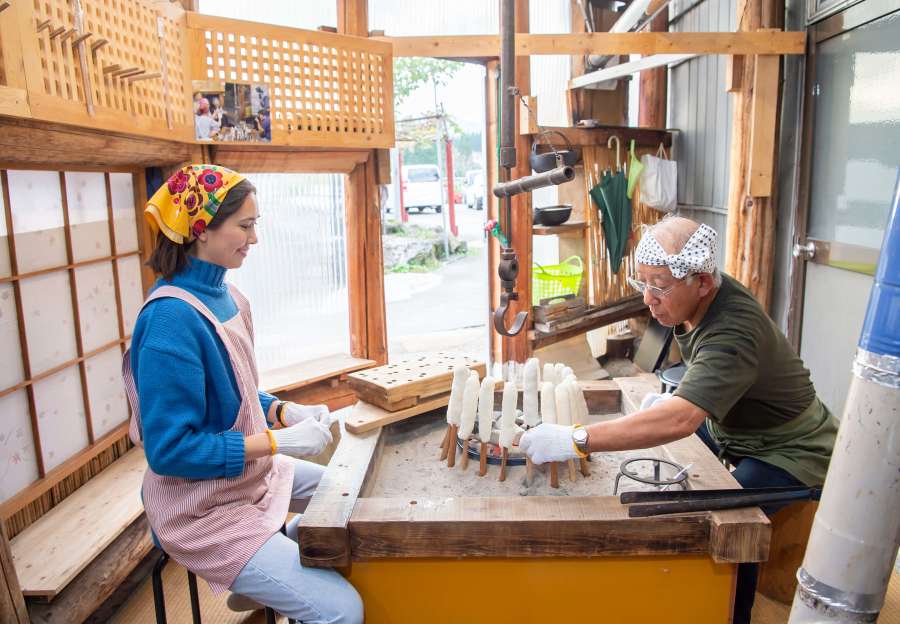
Though any of these destinations provides a great opportunity for introspection, travelling “solo” doesn’t have to be solitary. Taking part in a guided tour such as those offered by volunteer guides is a great way to connect with a local community and its members, particularly in lesser-known regions of Japan. Visitors are frequently astounded that despite being such a relatively small country, each community has its own unique customs, cuisine, and festivals, all of which locals are typically eager to share with visitors. In addition to broadening one’s own horizons, setting foot off the beaten path is an excellent way to make these human connections and see the country at its truest.









































